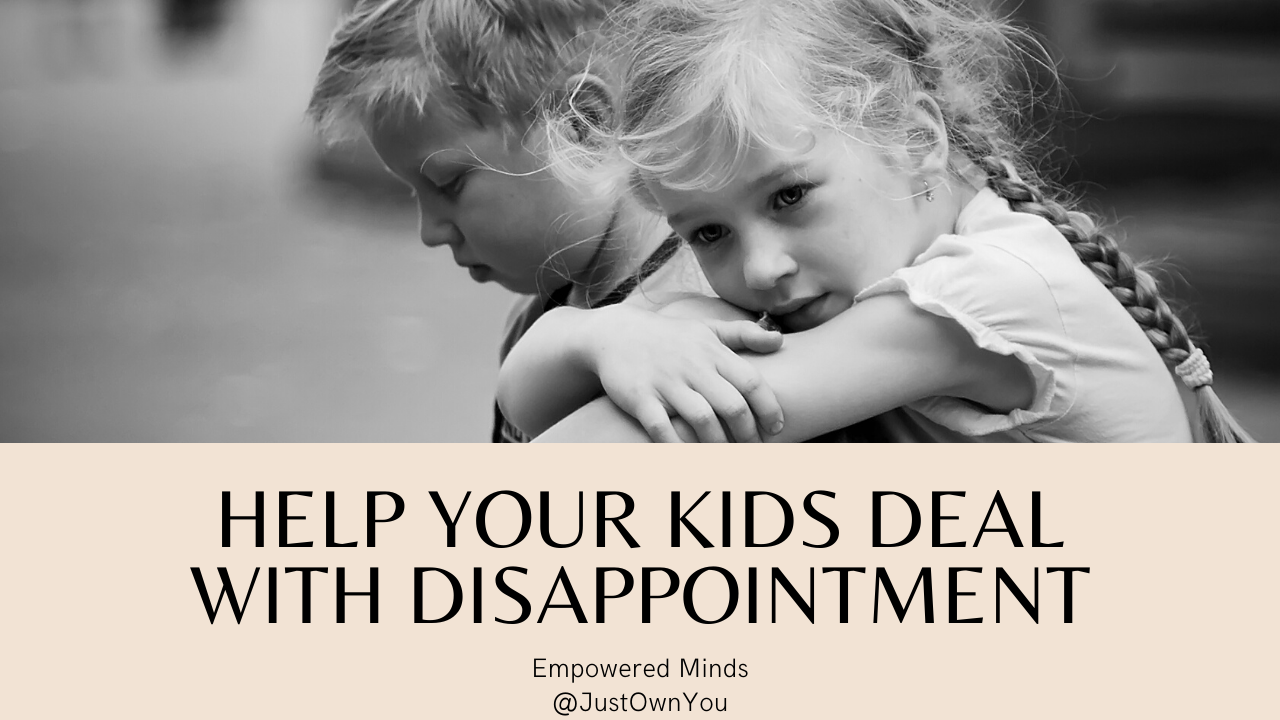New Year, New Reads

All children need to see both themselves and their peers in stories for healthy child development. Diversity in storytelling can include more than race or religion. Stories capture and share the experience of children with different abilities, socio-economical statuses, learning differences, and cultures. Reading diverse books teaches children a valuable skill, empathy.
We selected four outstanding middle grade novels that share an experience that maybe your child will resonate with or allows them to see the world from a different perspective.

Shelter by Christie Matheson
Perfect for grades 4-6
Maya, her younger sister, Gabby, and her parents use to live in a quaint cottage in the city. Her dad use to be a writer and would cook them delicious homemade meals. Maya use to have sleepovers with her best friend, Abby. Maya's mom use to be an art teacher. But all of that changed when her father was in an accident.
After her dad was struck by a car on his bike, her mom was unable to ...
Grow Your Child's Emotional Intelligence

Studies consistently show that emotional intelligence is much more important than IQ because it relates directly to happiness and success. Many highly intelligent adults struggle in day-to-day life due to a lack of emotional intelligence.
Making an effort to increase your child’s emotional intelligence is one of your most important tasks as a parent.
Avoid downplaying this important factor of happiness and success. Those with a higher level of emotional intelligence enjoy more satisfying careers and stronger, more fulfilling relationships.
Emotional intelligence has five components:
- Self-regulation of emotional states. An emotionally healthy person can manage their moods appropriately and successfully.
- The ability to motivate yourself. Staying the course in spite of doubt and distractions is an important component of emotional intelligence.
- Empathy for others. This includes the ability to recognize emotions and feelings in others and choose an appropriate course of acti ...
Help Your Kids Deal with Disappointment

Disappointment is a normal part of life, and the lockdowns due to COVID-19 caused some major disappointments while disrupting lives everywhere. It’s enough to make anyone feel a little sad and discouraged. But disappointments don't only pop up during global pandemics, they are mixed in with all the joy and excitement life can bring.
It’s also natural for parents to want to shield children from such unpleasant situations. However, dealing with losses can be a beneficial experience. Otherwise, your sons and daughters may struggle when they run into bigger letdowns as adults.
How can you guide your children without taking over? Try these ideas for helping your kids to deal with disappointment.
Talking with Your Kids about Disappointment
There are major differences between dwelling on disappointments, trying to suppress them, and dealing with them constructively. Your child will probably find it easier to move on if they can talk about their feelings.
Try these techniques to talk wit...
6 Middle Grade Books Perfect for Building a Girl-Power Collection

It is important for young girls to see themselves represented in book characters. When young girls can relate to strong female character in a story it helps them build strength, know it is acceptable to be vulnerable, and provides examples of creative solutions in relatable life situations.
On the flip side, it is also important for readers to see young girls from different backgrounds in a story because it brings visibility to cultural differences, builds empathy, and creates unity.
We picked six girl-power novels for your middle grade reader to find relatable characters and learn from others in a different life situations.

In a Flash by Donna Jo Napoli
Simona and Carolina's father is a beloved cook in Italy but when the Italian ambassador request his cooking skills in Japan, the girls travel thousand of miles to have an adventure with their Papa. At first, living in Japan is exciting and each sister works to learn the language and customs.
But when WWII comes to their door ...
Helping Your Tween Overcome Difficult Emotions

As humans we are wired to be guided by emotions. Generations ago, our ancestors used their “fight or flight” instinct to survive. A saber tooth tiger may not be chasing your family today but, helping your tween learn what their emotions and internal intuitions are communicating can feel just as daunting. Many of us deal with negative emotions by trying to ignore them or living in a negative state without a plan to move forward or channeling it into competition and anger with others. A more empowering option is to learn from our emotions.
In order to learn from our emotions, we need to evaluate them. The following steps will help you have an open and honest conversation with your tween (or yourself).
First, have your child describe the feeling or feelings they are going through so you both can identify the emotion. Next is to clarify the message of the emotion. What is this specific emotion trying to convey? What is the purpose of that emotion? Evaluate the emotion from a different...
